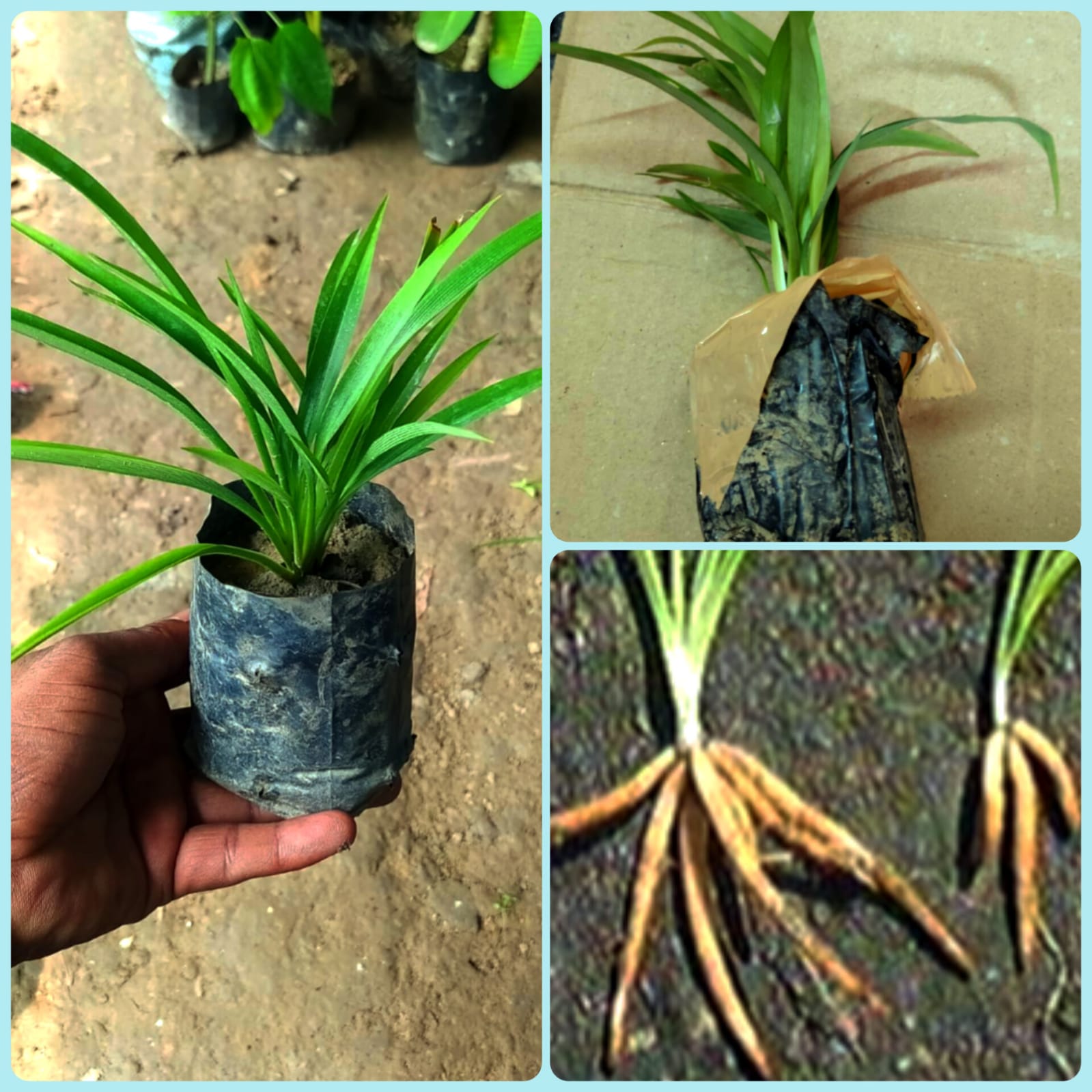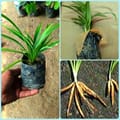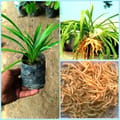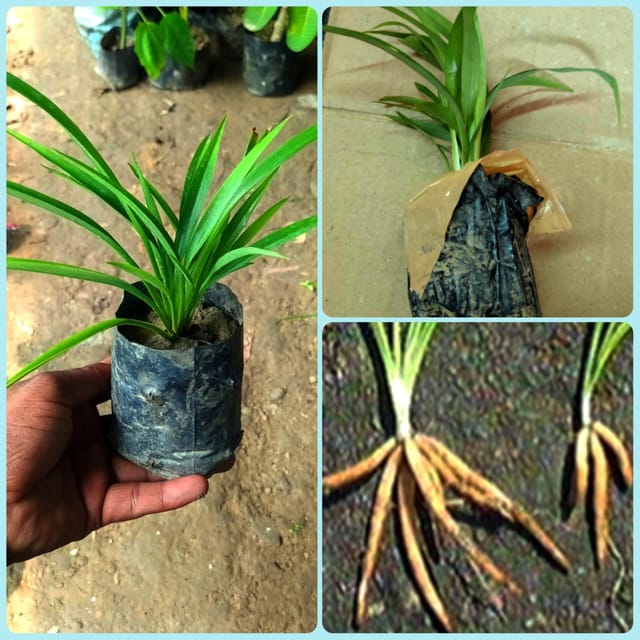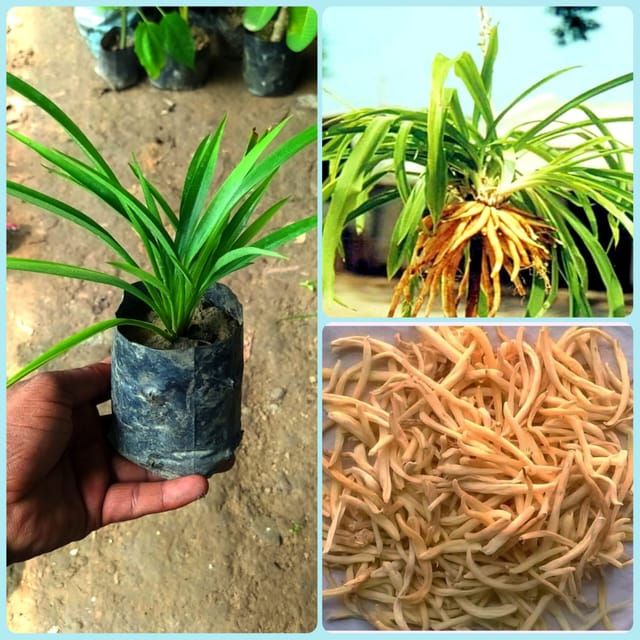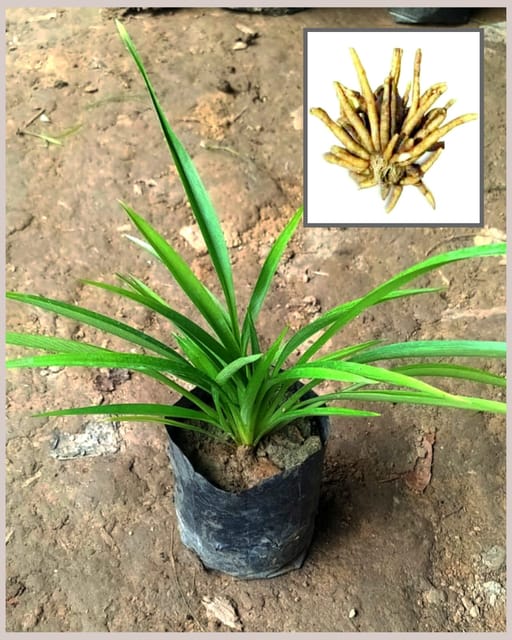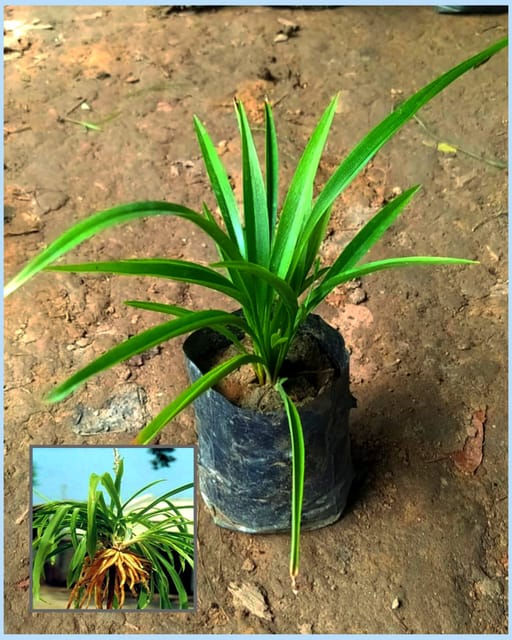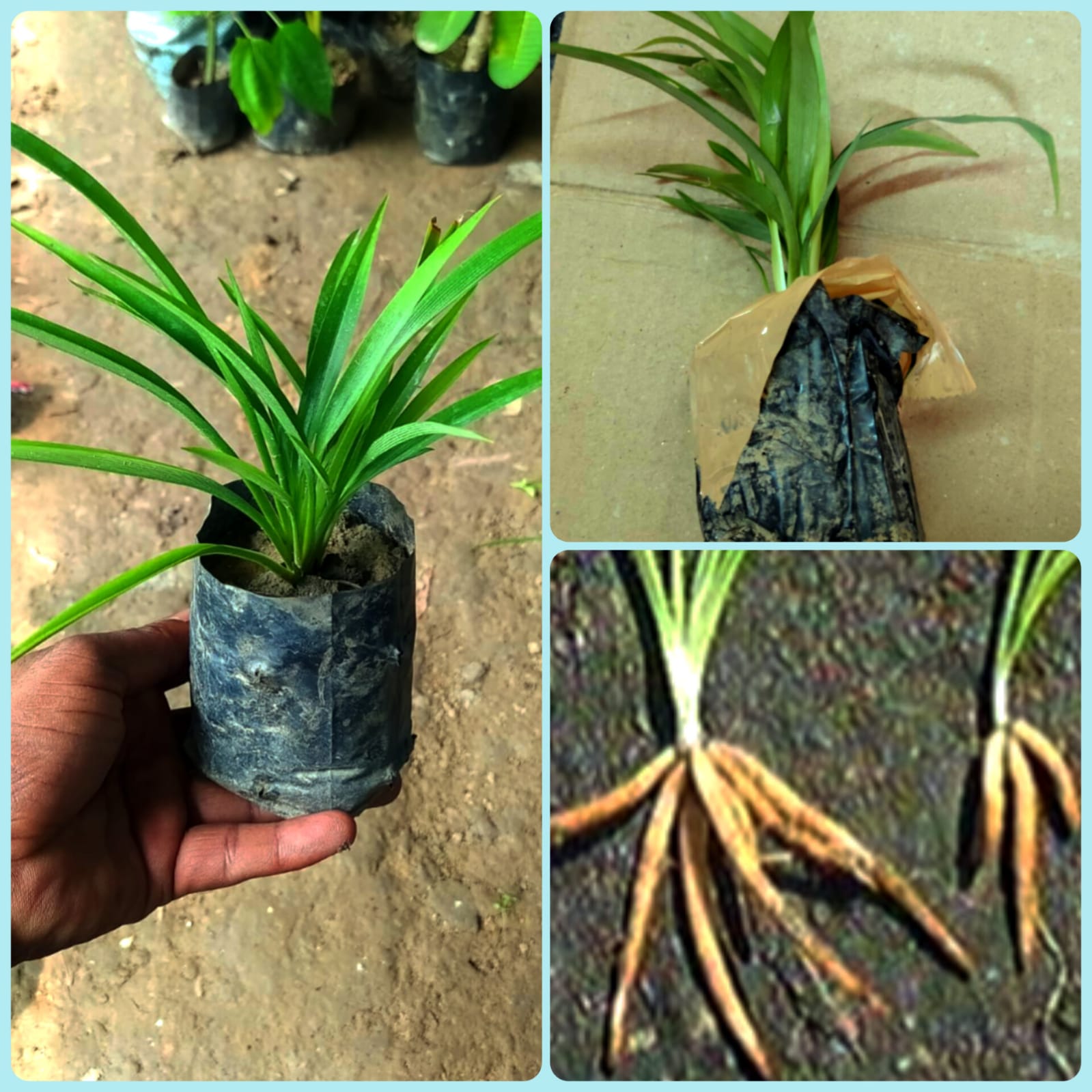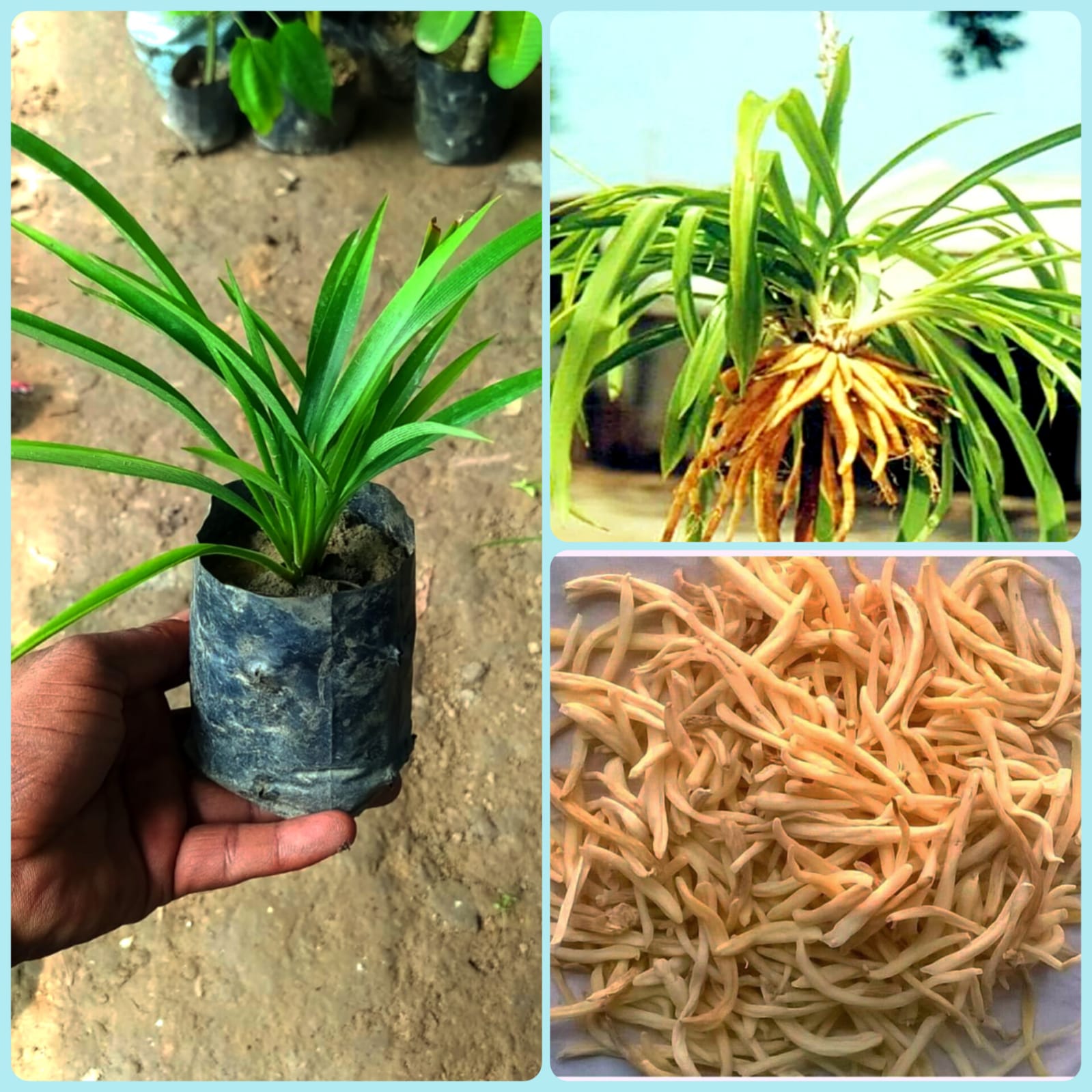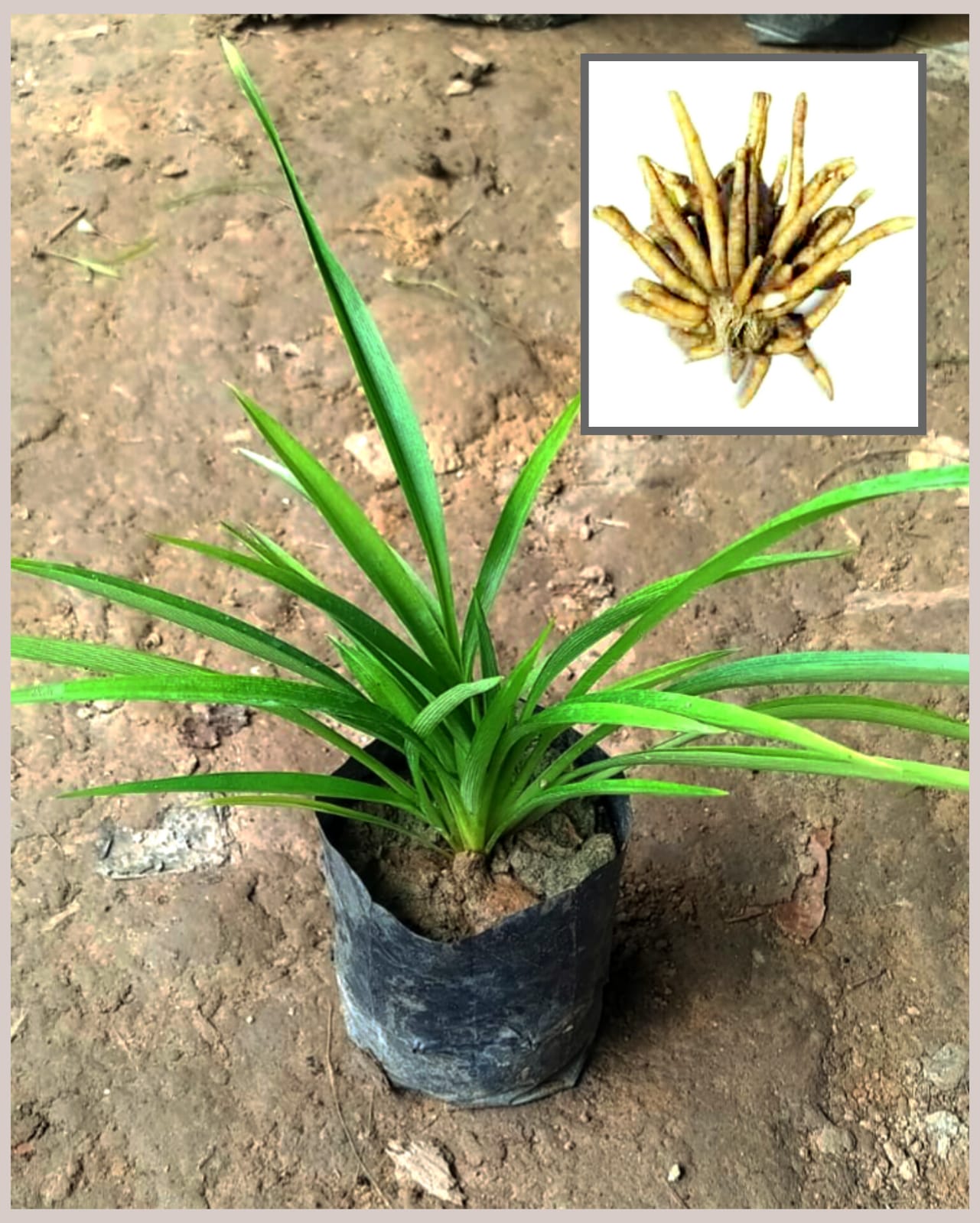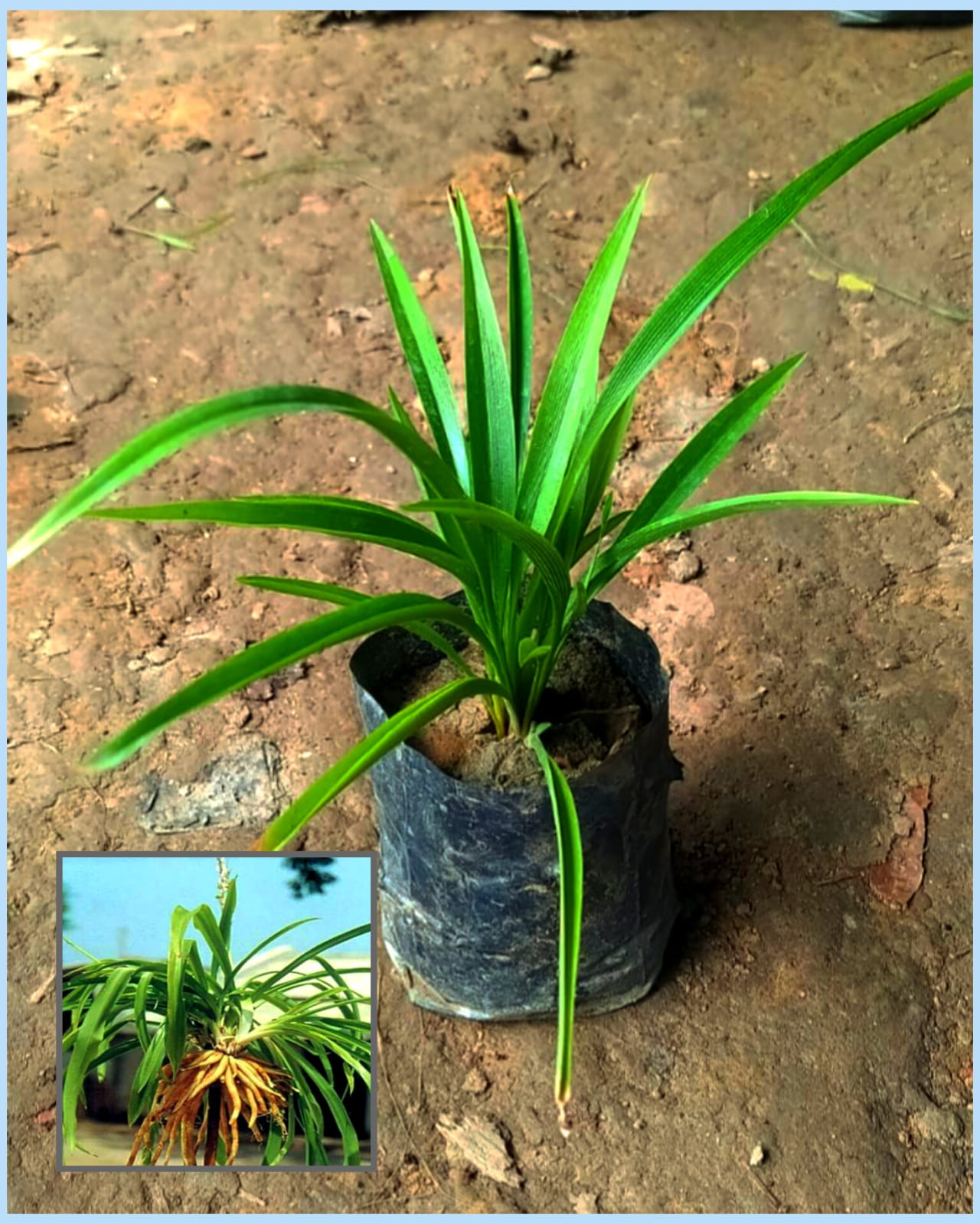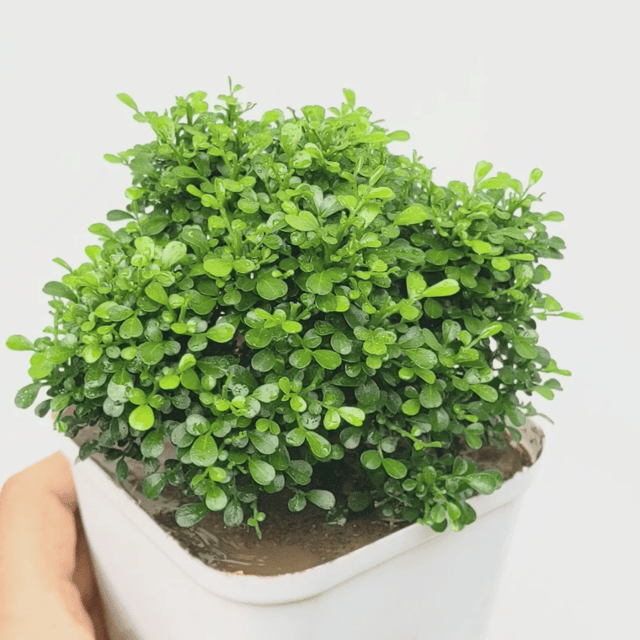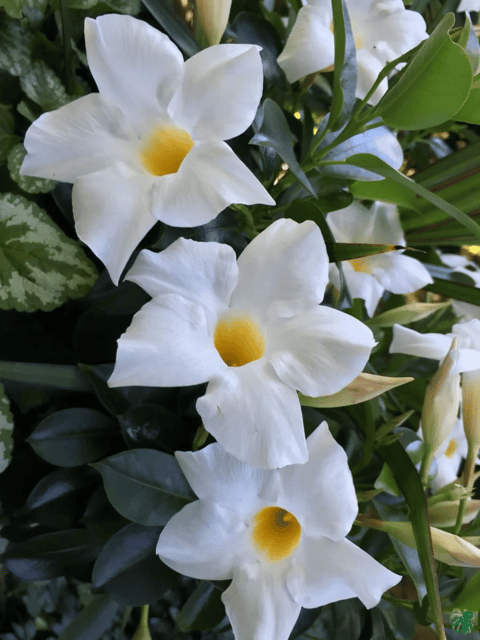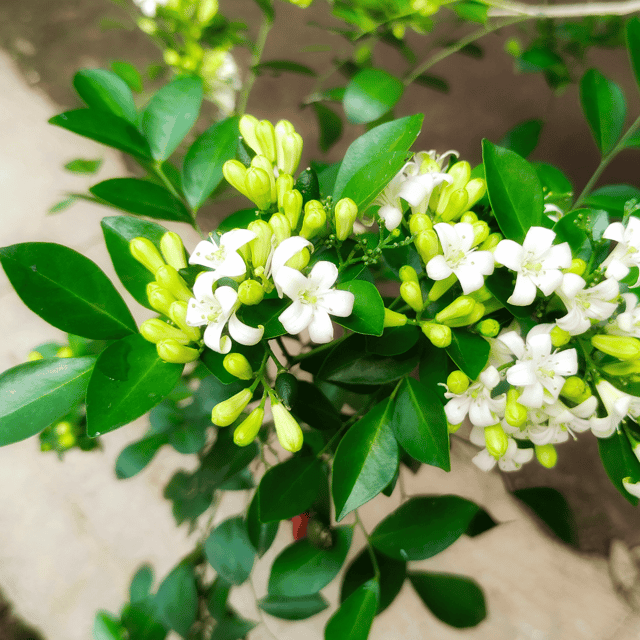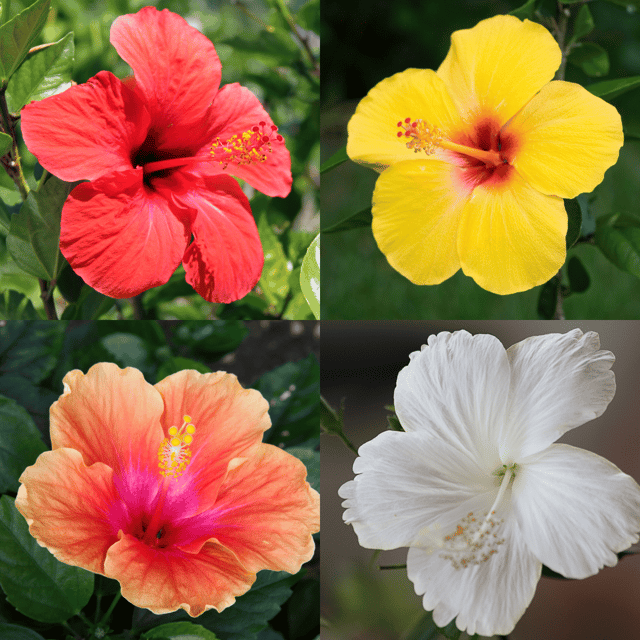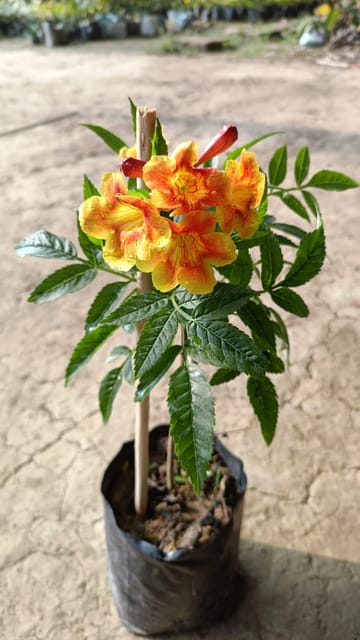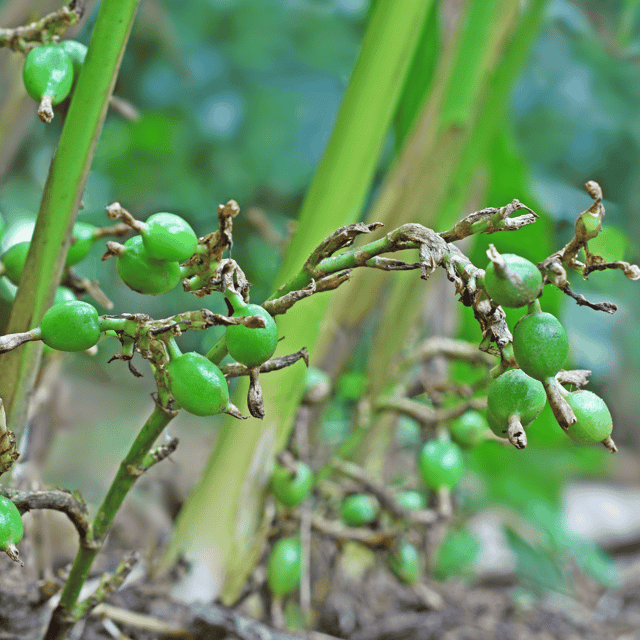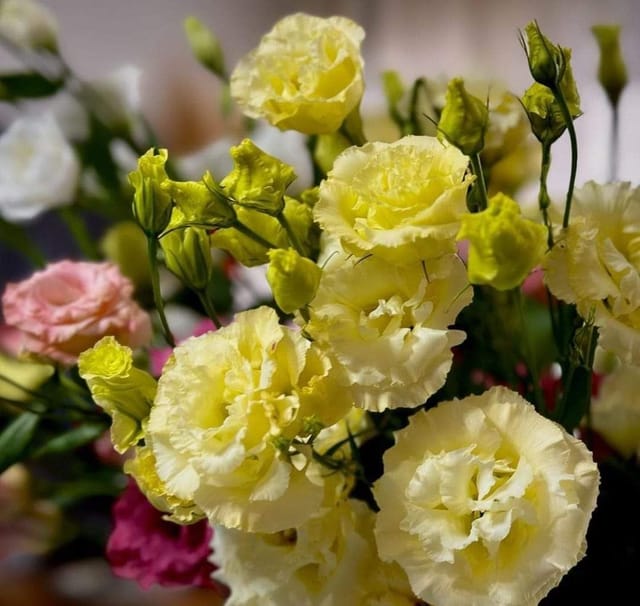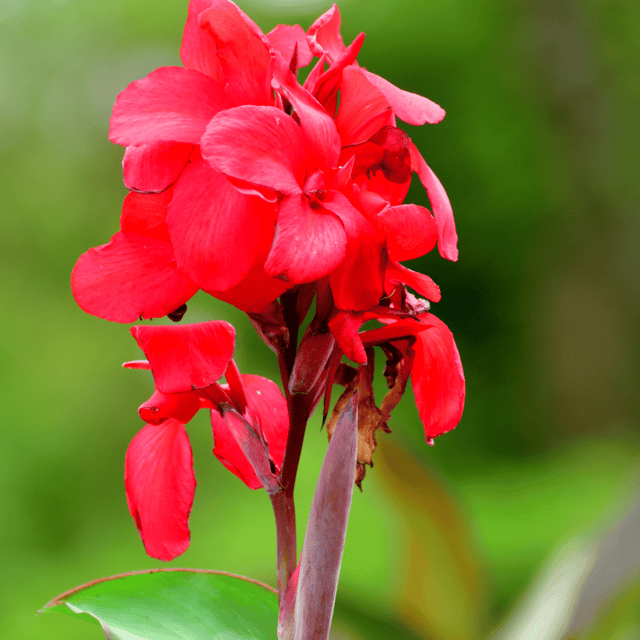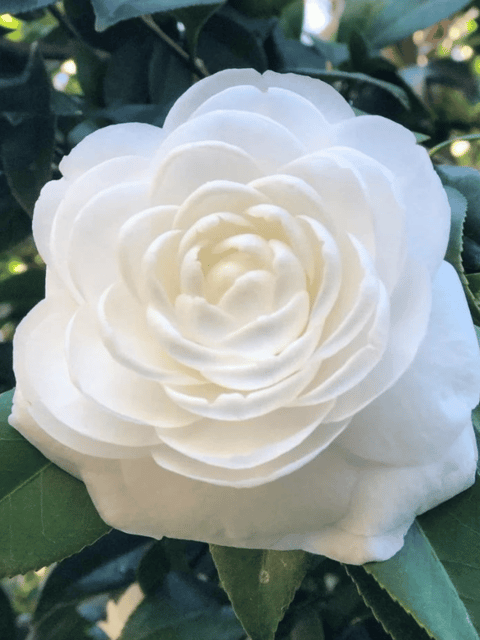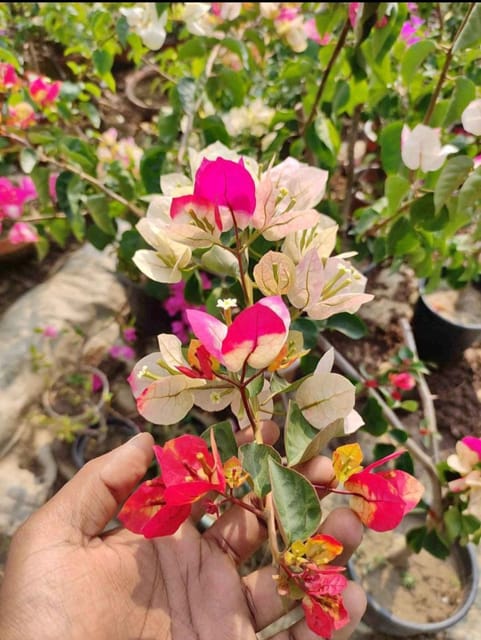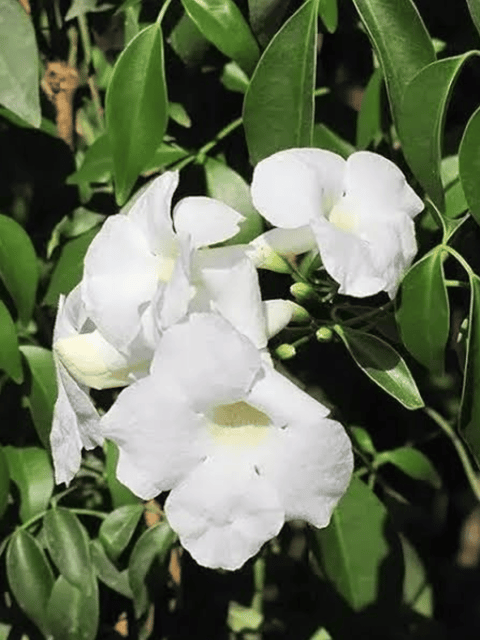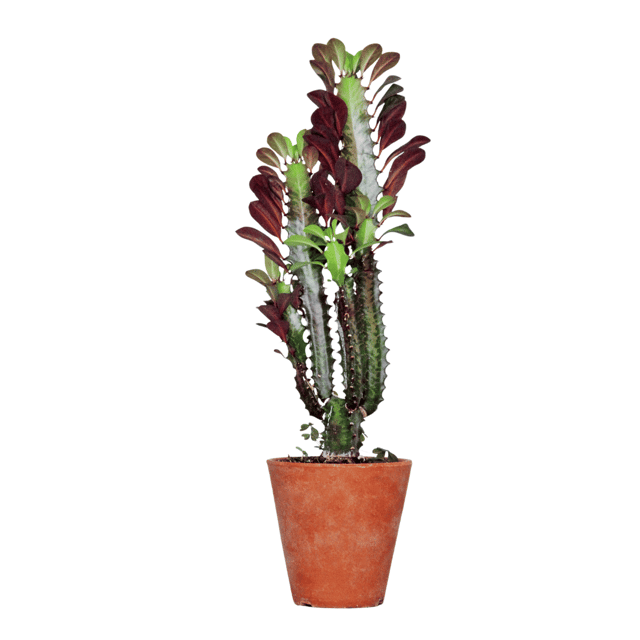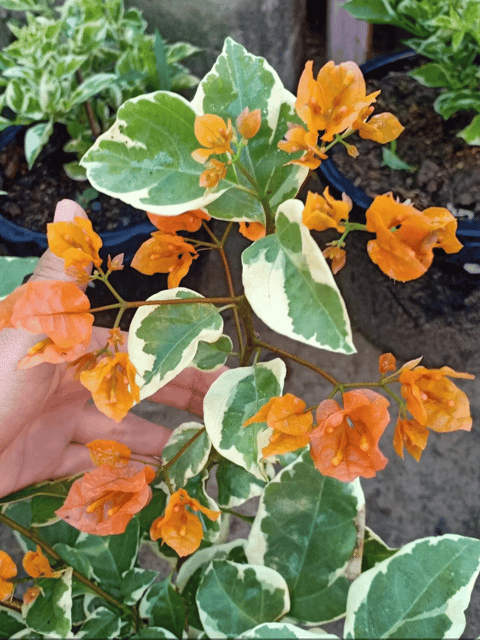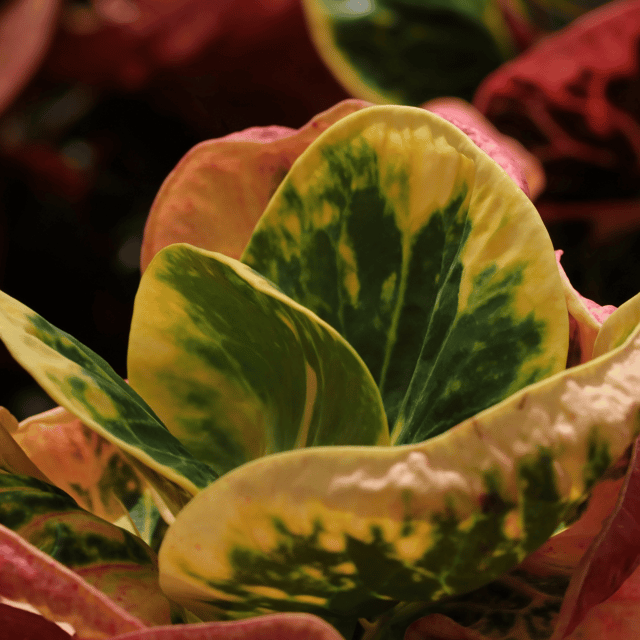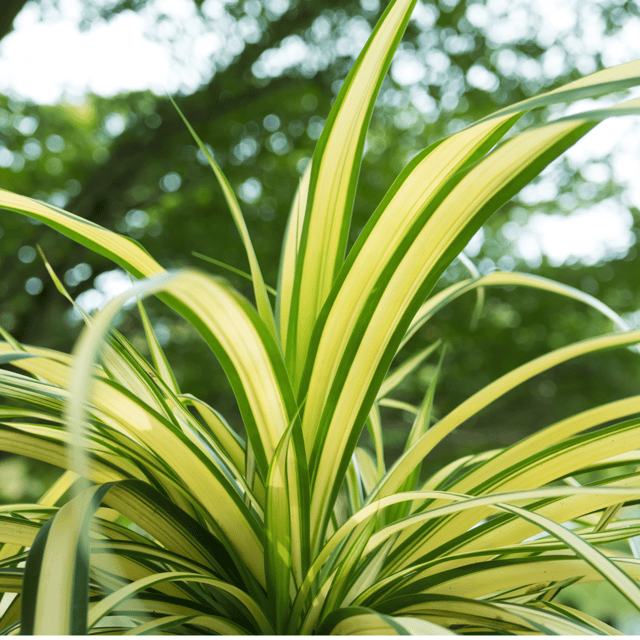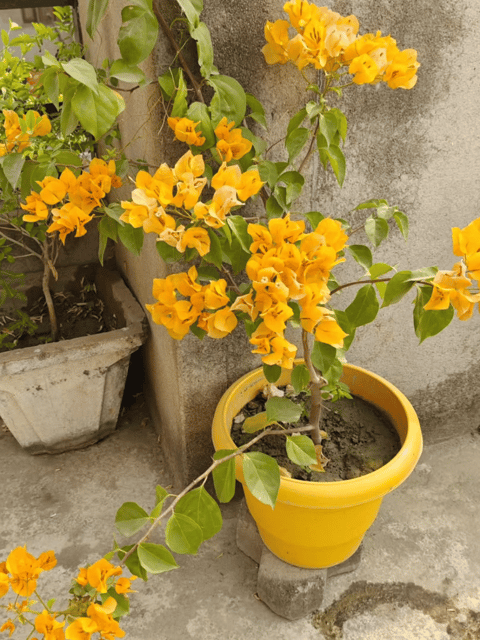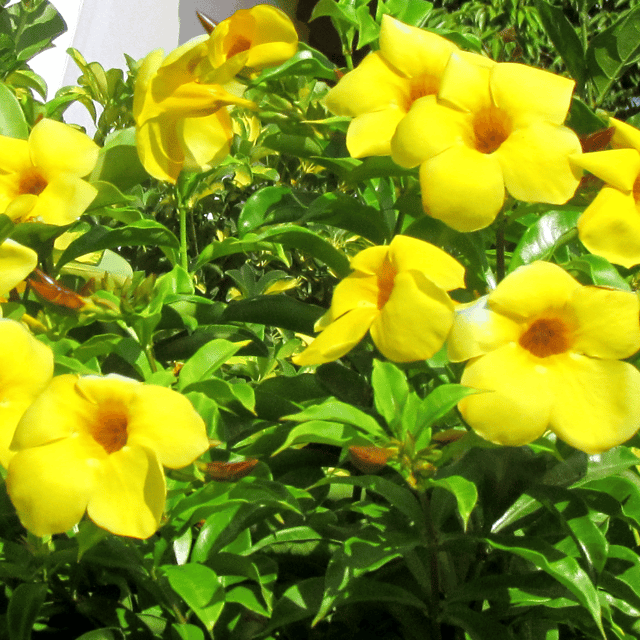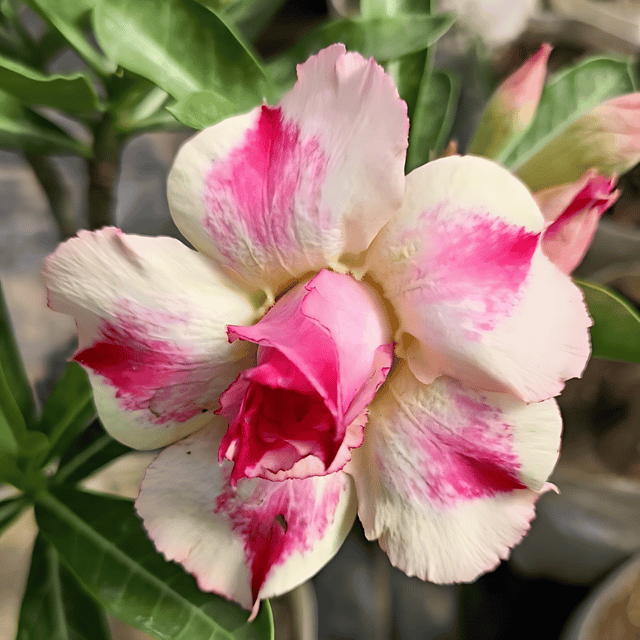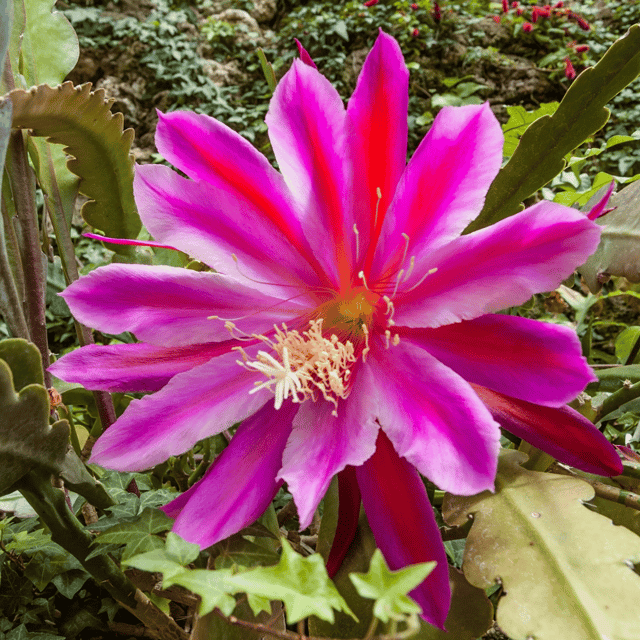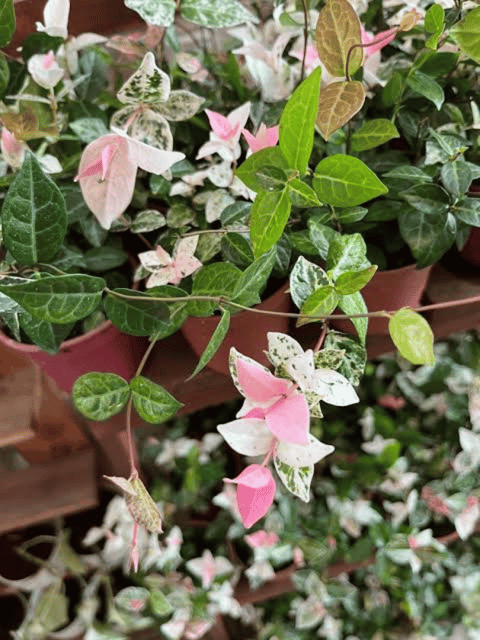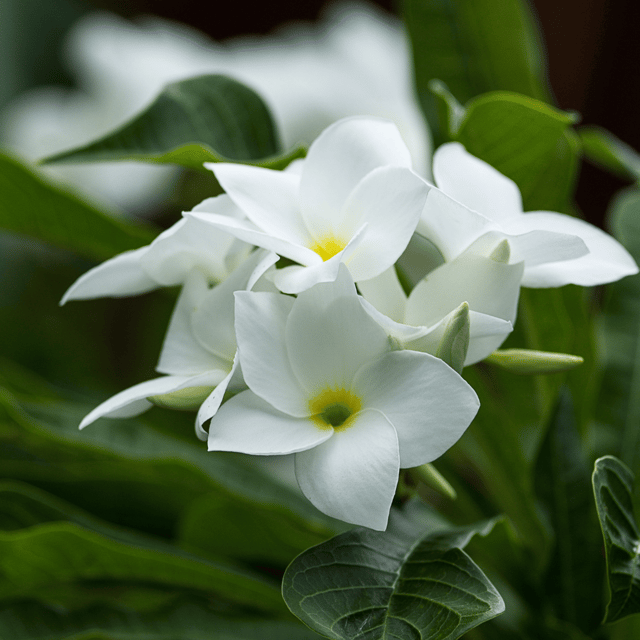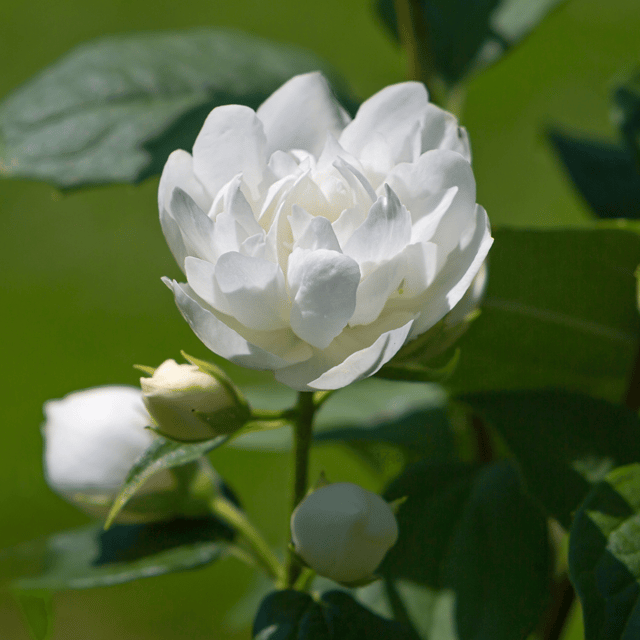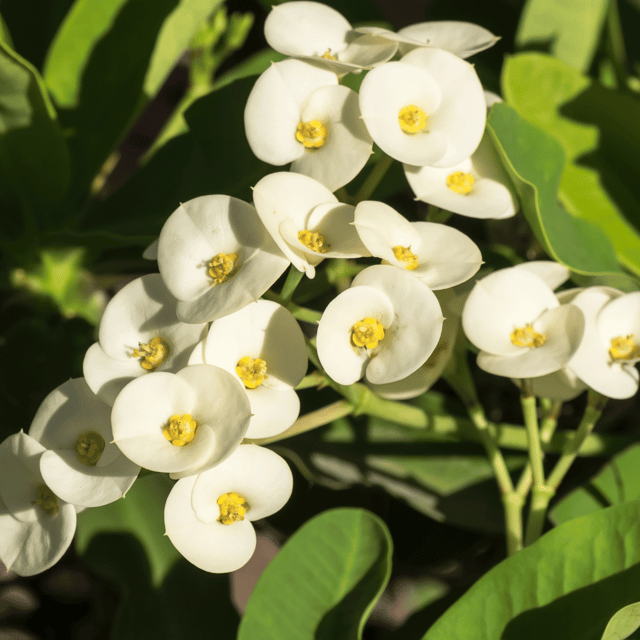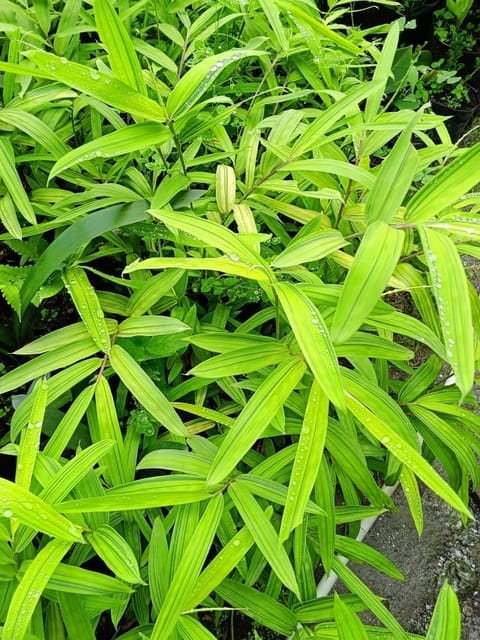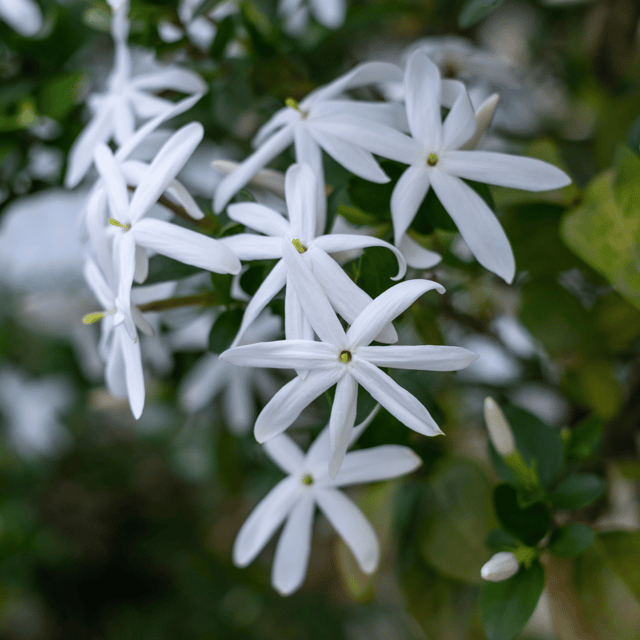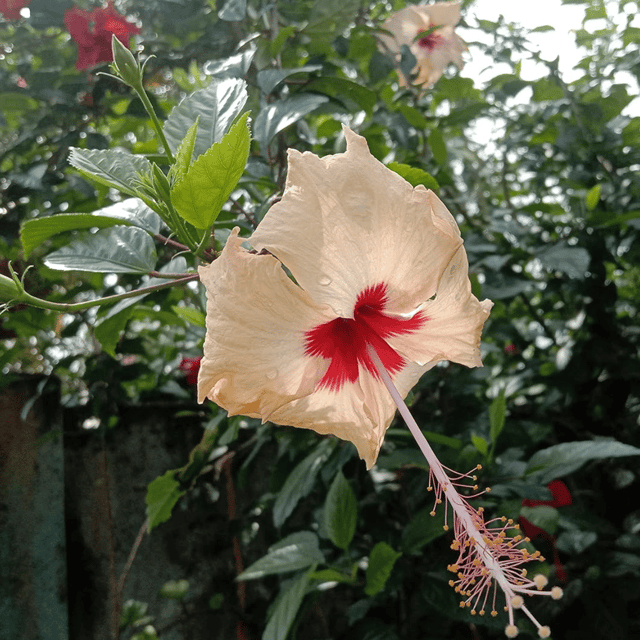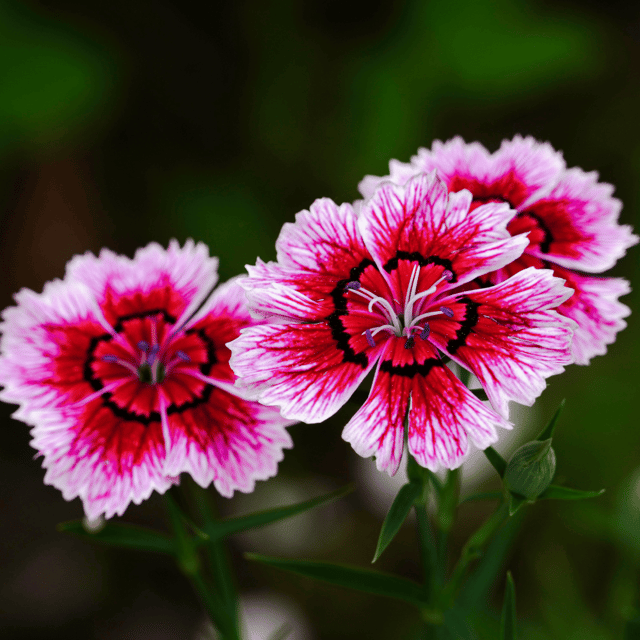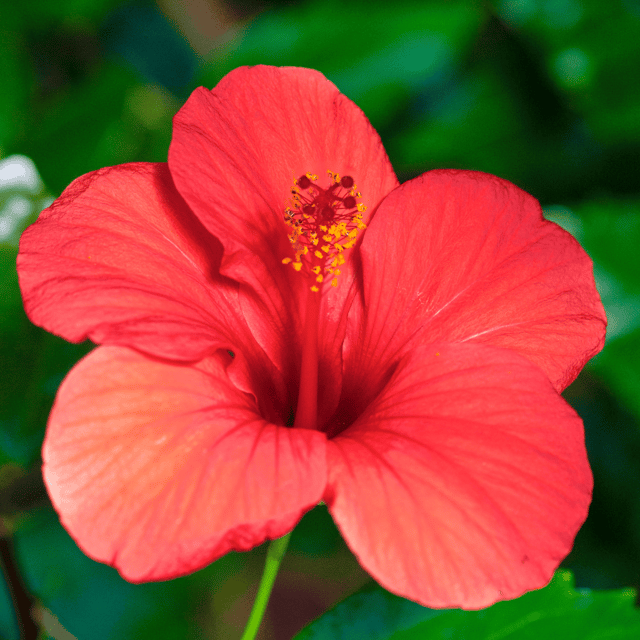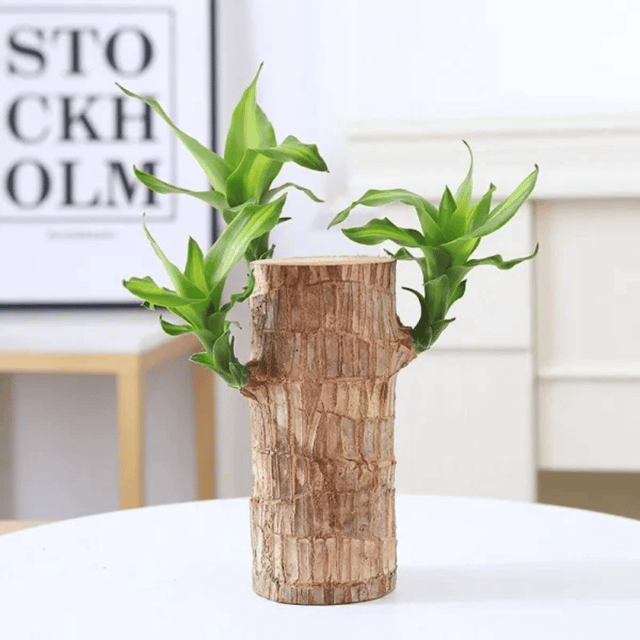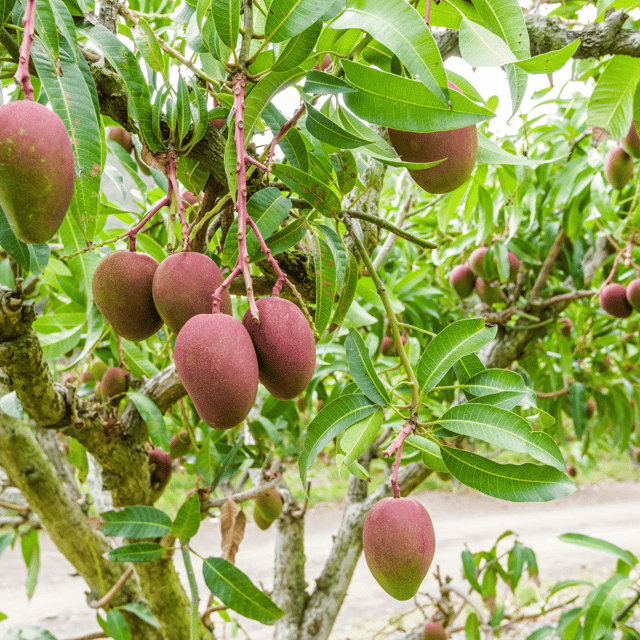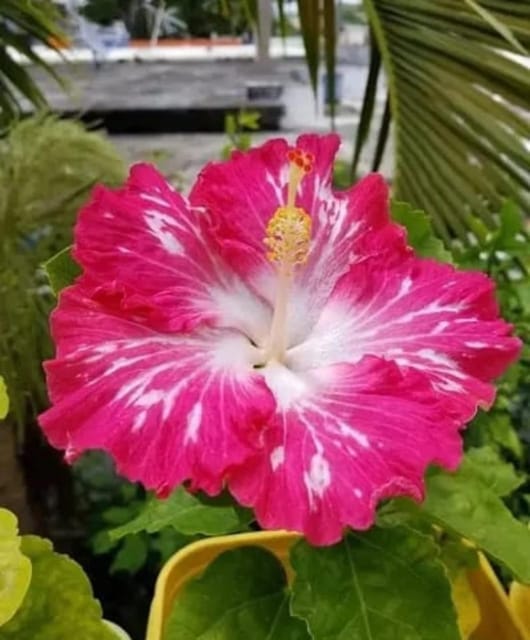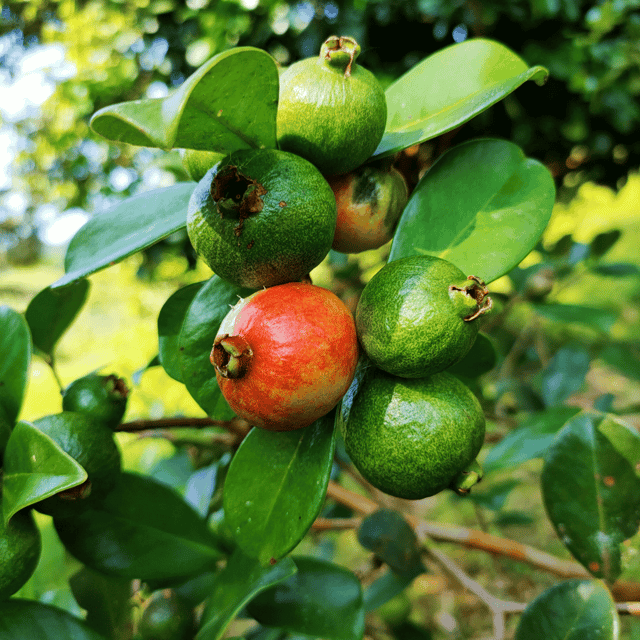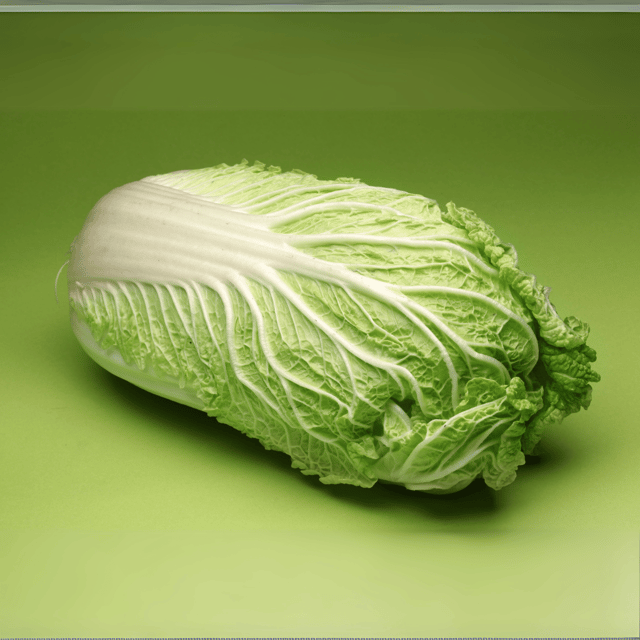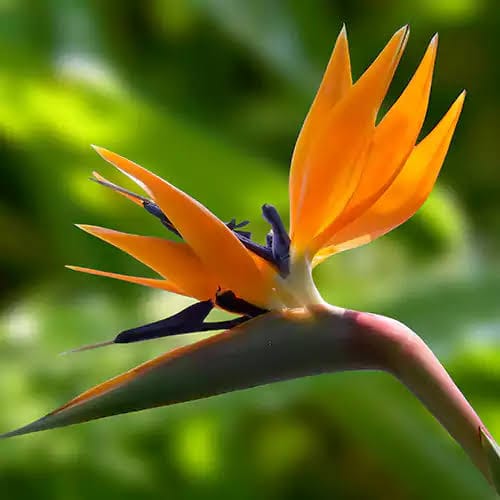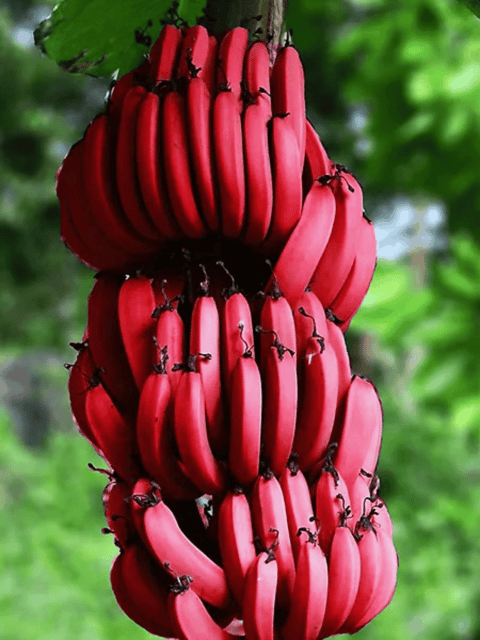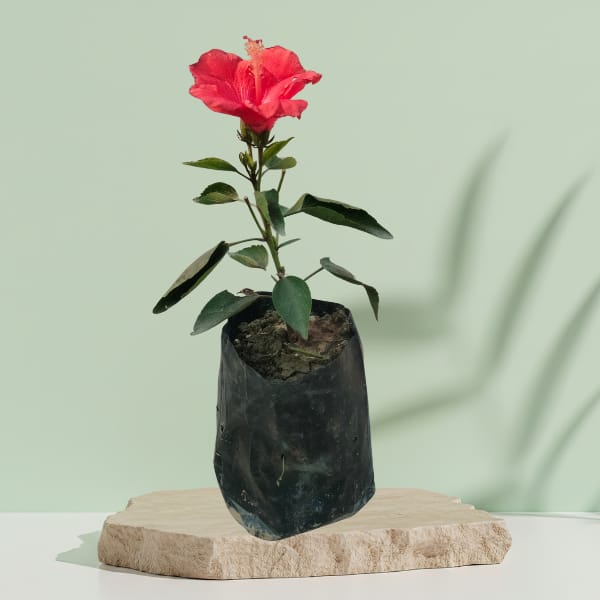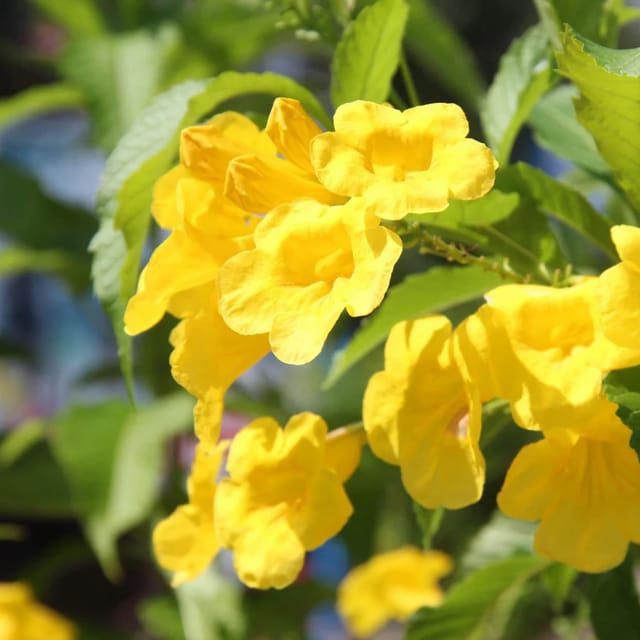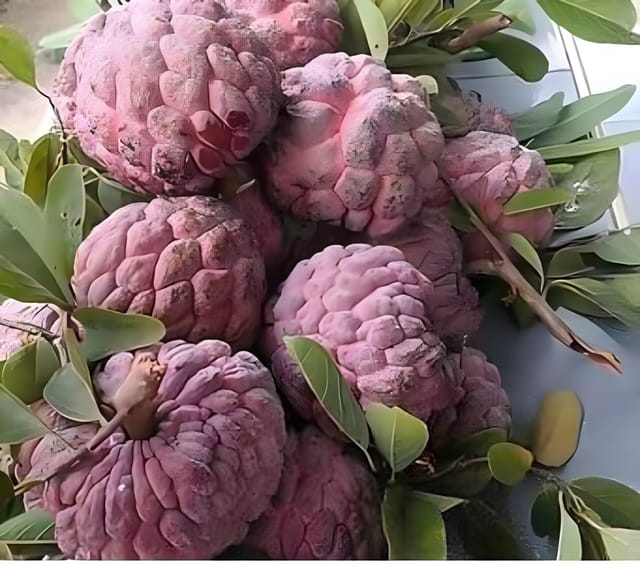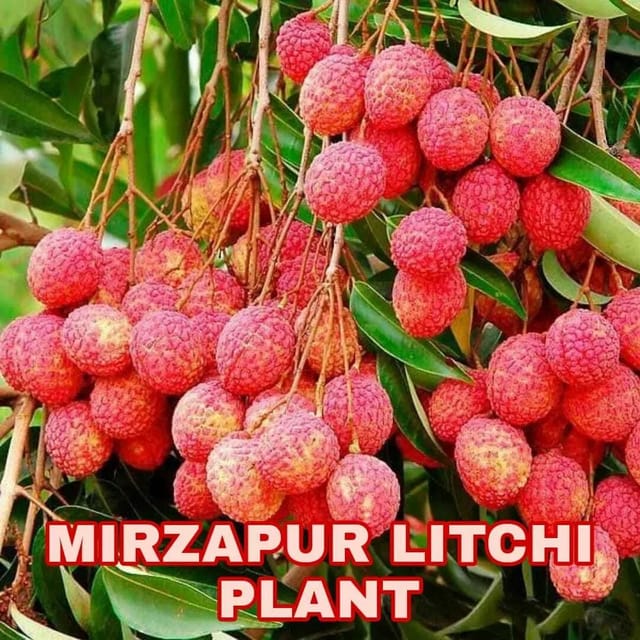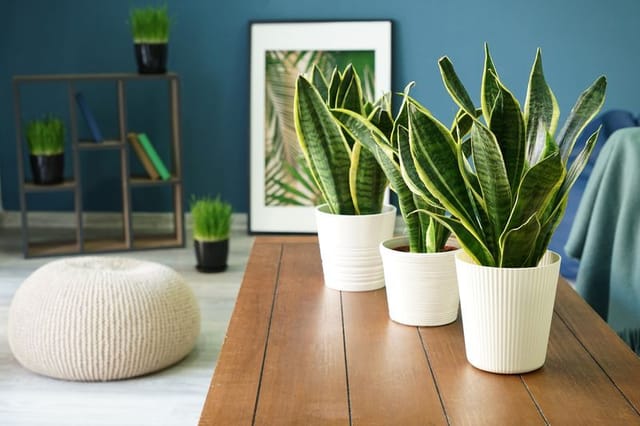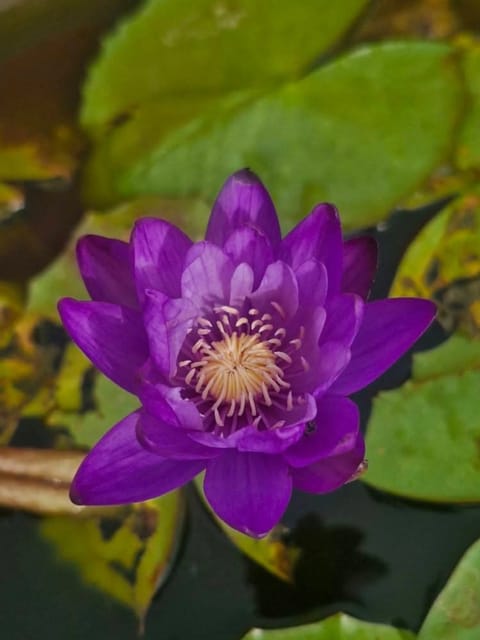Safed musli (Chlorophytum borivilianum) is an annual or perennial herbaceous plant known for its medicinal properties. Native to the tropical and subtropical forests of India and Africa, it is most recognized for its thick, fleshy tuberous roots, which are the primary economic and medicinal part of the plant. The plant typically reaches a height of 1 to 1.5 feet.
The plant grows as a rosette of 6 to 13 leaves that emerge from a condensed, discoid stem base. The leaves are linear or ovate-lanceolate, measuring about 13–23 cm long and 1.75 cm wide. They feature parallel venation and often have wavy margins.
Its flowers are small, white, and star-shaped, appearing on a long, slender flowering stalk, or raceme, that rises from the center of the plant. The flowers are arranged in clusters of three, and the entire inflorescence can grow up to 120 cm long. The plant produces a trilobed, loculicidal capsule fruit that holds 3 to 12 black, angular seeds. The roots are cylindrical, pale brown to white, and grow in clusters of 5 to 20 per plant. They are the source of the plant's valuable saponins and alkaloids, used in traditional medicine.
Safed Musli Plant (Chlorophytum borivilianum) – Medicinal & Herbal Wonder for Home Garden
The Safed Musli Plant, scientifically known as Chlorophytum borivilianum, is a rare and valuable medicinal herb known for its rejuvenating and energy-boosting properties. Often called “White Gold” in Ayurveda, this plant’s roots are widely used in traditional medicine for enhancing vitality, strength, and immunity.
It is a tropical herb with slender, grass-like green leaves that thrive in warm and humid climates. Safed Musli is a low-maintenance plant ideal for herbal gardens, balcony pots, or small home setups.
🪴 Plant Details
Plant Type: Sapling
Plant Height: 12 Inches
Plant Age: 2 Years
🌱 Plant Care
Sunlight: Prefers partial to full sunlight (4–6 hours daily)
Watering: Keep soil slightly moist; avoid overwatering
Soil: Well-draining, sandy loam soil rich in organic matter
Fertilizer: Use organic compost or cow dung every 30–45 days
Temperature: Ideal range – 20°C to 35°C
Pruning: Remove dry or damaged leaves for healthy growth
🪴 Potting Time
🌟 Key Features
Known for its powerful medicinal and aphrodisiac properties
Supports vitality, stamina, and immune health
Low-maintenance herb suitable for home and kitchen gardens
Can be grown in pots, containers, or garden beds
Recognized in Ayurveda and herbal medicine as a rejuvenator
